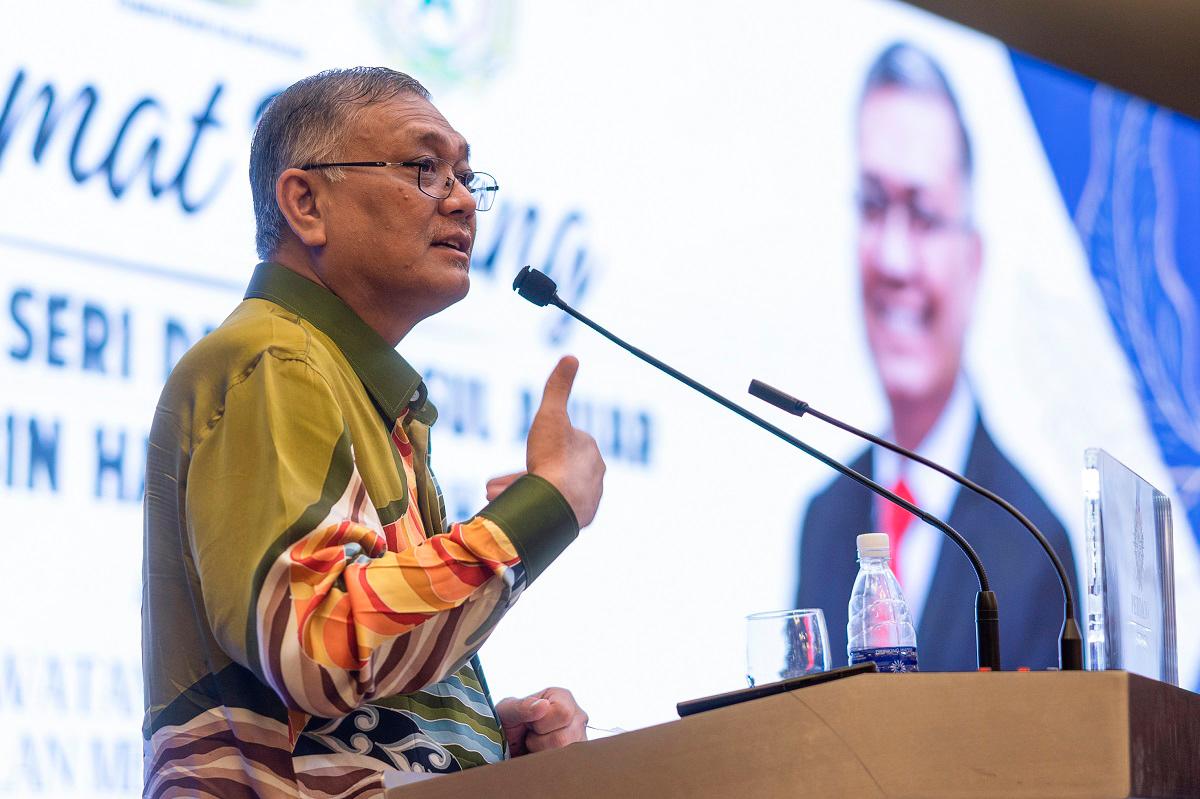BANGKOK: Malaysia is accelerating the digital transformation of its civil registration system to deliver faster, more secure, and citizen-focused public services. Deputy Home Minister Datuk Seri Dr Shamsul Anuar Nasarah highlighted the country’s progress in improving its civil registration and vital statistics (CRVS) system during the Third Ministerial Conference on CRVS in Asia and the Pacific.
Speaking at the United Nations Conference Centre, Shamsul Anuar emphasised the government’s commitment to refining legislation, expanding registration coverage, and integrating digital solutions. These efforts align with the 2030 Sustainable Development Goals, ensuring every individual is accounted for.
“An accurate, comprehensive, and timely civil registration system is essential for effective national policymaking, governance, and sustainable development through reliable vital statistics,“ he said.
Malaysia has made notable strides in making its CRVS system more universal and responsive. The frequency of vital statistics reporting has improved from annual to quarterly releases, enhancing data accessibility for policymaking. The system now also includes more detailed recording of marriages and divorces, improving data completeness and reliability.
Key initiatives include the adoption of MyDigital ID, which allows secure access to online services, reducing reliance on physical documents. The integration of artificial intelligence (AI) further automates registration processes, data verification, and fraud detection.
“The integration of AI supports the automation of registration processes, data verification, and fraud detection, while enterprise architecture ensures interoperability across government agencies and systems,“ Shamsul Anuar added.
These digital advancements aim to enhance data accuracy, operational efficiency, and real-time access to reliable civil registration records.









